How to Soothe Dog Irritated Anus: Safe Home Remedies and Warning Signs
Dog anal irritation is a common concern for pet owners. It can result from impacted anal glands, parasites, allergies, or dietary issues. In this article, you’ll learn how to soothe dog irritated anus, identify possible causes, apply safe home remedies, and know when a vet visit is necessary.
Common Causes of Dog Anal Irritation
The most frequent reason is impacted or inflamed anal glands. Other triggers include:
Parasite infections like tapeworms or hookworms
Skin allergies or dryness around the perianal area
Poor diet leading to irregular bowel movements and gland blockage
Injuries or foreign objects near the anus causing irritation
How to Soothe Dog Irritated Anus Naturally
Try these safe home remedies for gentle relief:
Gently massage or express the anal glands—if you’re unsure, ask a vet or groomer.
Warm compresses on the area to reduce swelling and discomfort.
Use pet-safe wipes to clean around the anus and prevent bacteria build-up.
Boost fiber intake—such as canned pumpkin—to promote regular bowel movements.
Apply vet-approved anti-itch sprays or creams (never use human products).

You can also try how to soothe dog irritated anus naturally using warm compress or dietary tweaks. These remedies can offer safe relief without harsh chemicals.
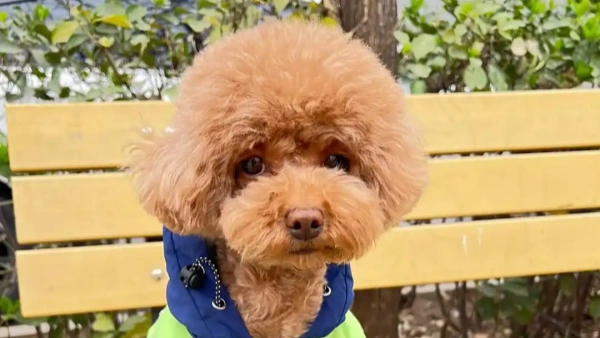
When to See a Veterinarian
Contact your vet if your dog:
Is persistently scooting or licking around the anus
Shows swelling, redness, or discharge from the anal area
Has a strong foul odor, lethargy, or loss of appetite
Lives with other pets and you suspect parasites spreading
Everything Our Vets Recommend
Everything Our Vets Recommend
Prevention Tips for Recurring Anal Discomfort
Have anal glands checked monthly by a vet or groomer.
Feed a fiber-rich, balanced diet to support digestion.
Keep up with parasite prevention and clean bedding regularly.
Ensure regular exercise to promote healthy bowel movements.
During bath time, clean the anal area carefully and monitor any changes.
Frequently Asked Questions
Q1: Is it normal for dogs to sometimes lick their anus?
A1: Occasional licking is normal. But frequent scooting or biting may signal discomfort—check for blocked anal glands or parasites.
Q2: Why does my dog’s anus smell odd?
A2: This often means the anal glands are backed up or infected. Timely expression or cleaning can help.
Q3: Can I express my dog’s anal glands at home?
A3: You can—if you're trained. Otherwise, it’s safer to let a vet or groomer handle it to avoid injury.
Take Action to Keep Your Dog Comfortable
Knowing how to soothe your dog’s irritated anus can prevent prolonged discomfort. Use safe home remedies and observe regular hygiene. If symptoms persist or worsen, seek veterinary help right away—you’re your dog's best advocate for a healthy recovery.
You May Like:
- Warning Signs After Spaying a Dog: What Every Pet Owner Must Know
- How to Treat Dogs with Urinary Tract Infection: Signs, Causes, and Best Care Tips
- What to Do When a Dog Has a Seizure: Emergency Steps and Holistic Remedies
- Erythromycin Compounded Capsule for Dogs, Cats & Horses, 100-mg, 90 Capsules
User Comments
Does flea treatment kill ear mites too?
Can dogs take human probiotics?
Can dogs have people probiotics safely?
Related Articles
View all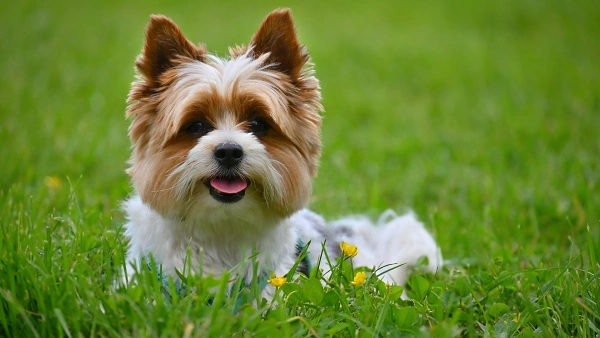
2025 Guide: Dog Probiotic Chews for Healthy Digestion

How to Soothe Dog Irritated Anus: Safe Home Remedies and Warning Signs
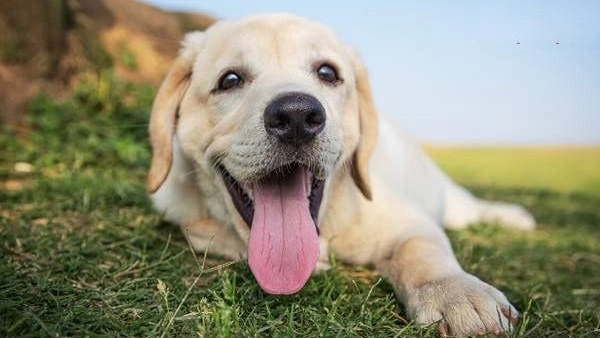
Warning Signs After Spaying a Dog: What Every Pet Owner Must Know
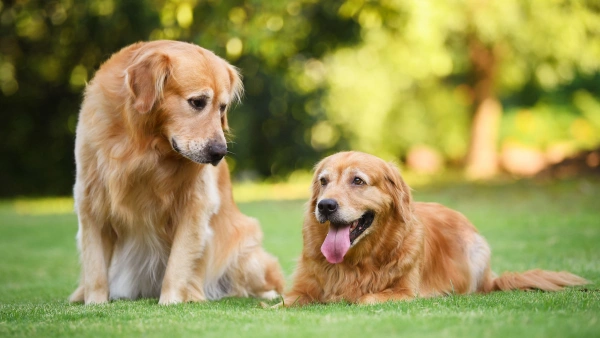
How to Treat Dogs with Urinary Tract Infection: Signs, Causes, and Best Care Tips
Related Articles
View all
2025 Guide: Dog Probiotic Chews for Healthy Digestion

How to Soothe Dog Irritated Anus: Safe Home Remedies and Warning Signs

Warning Signs After Spaying a Dog: What Every Pet Owner Must Know


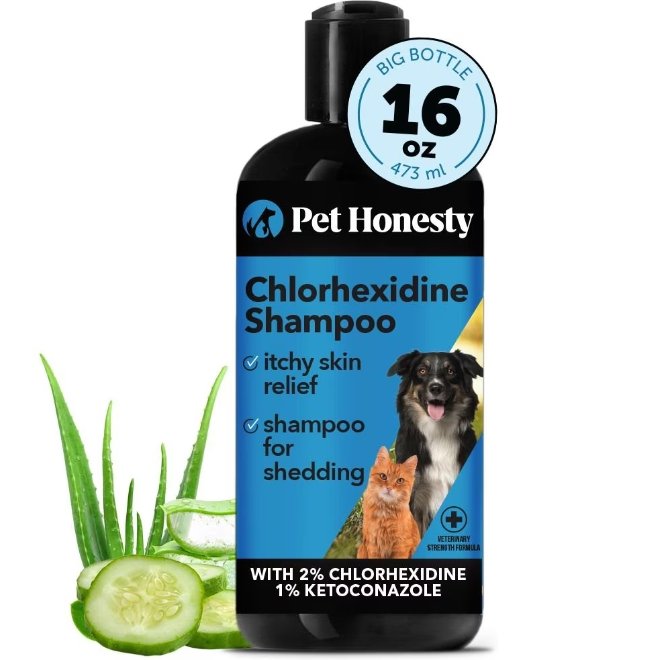
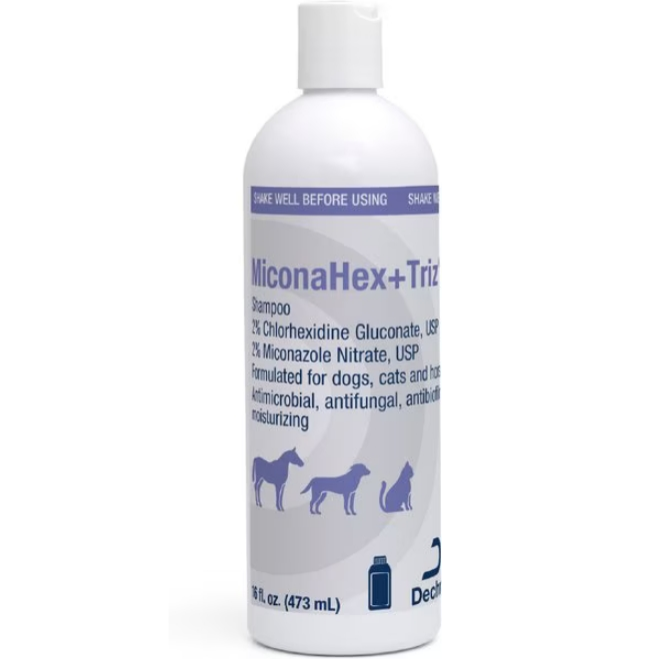
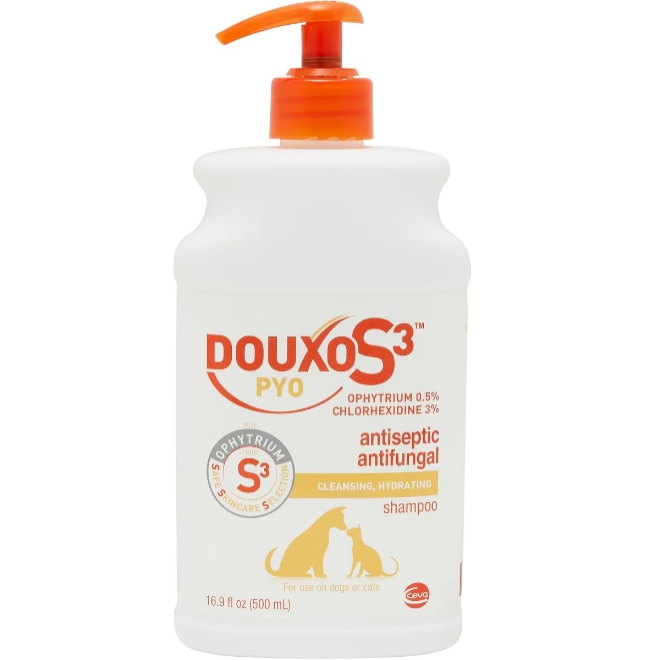
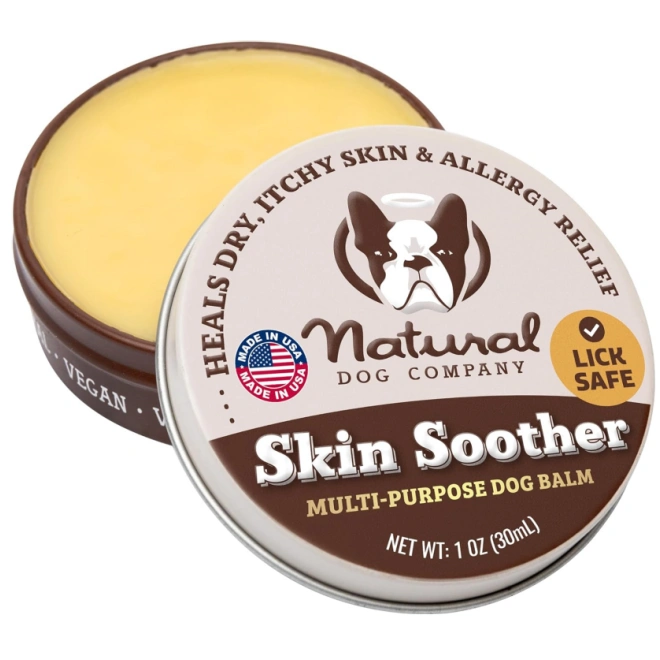
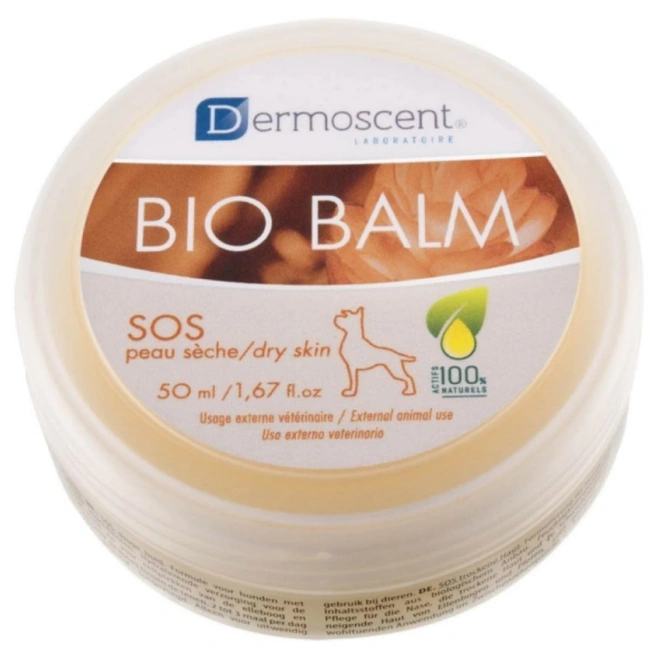
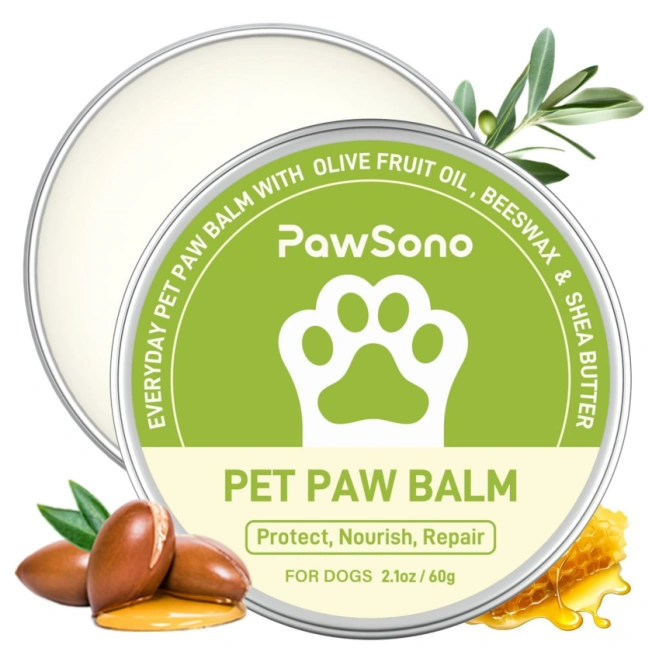
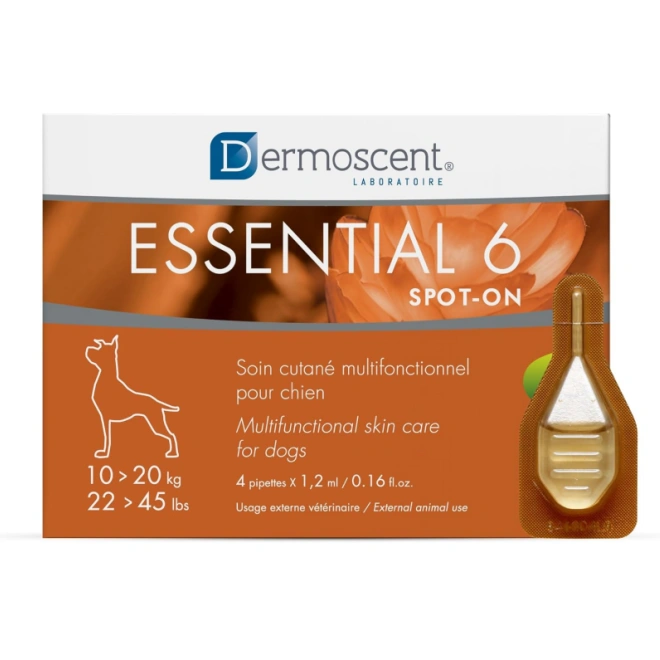








Leave a Reply